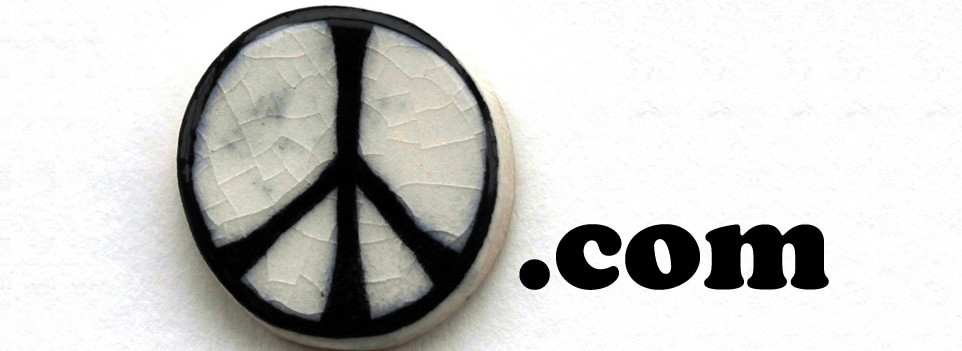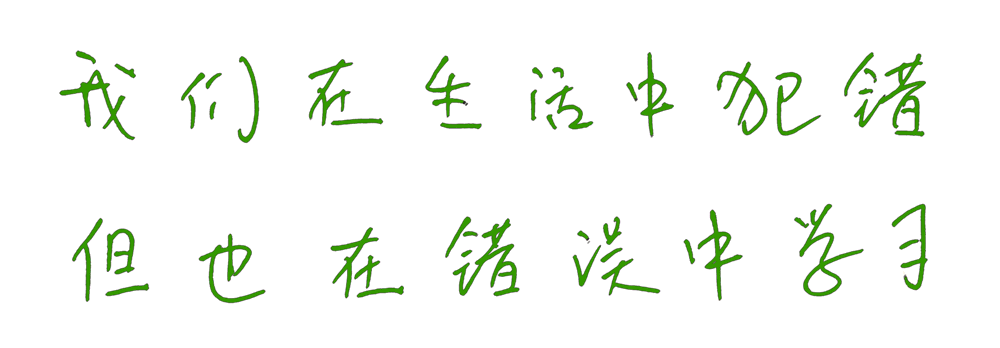"To achieve a hundred victories in a hundred battles is not the highest excellence; to subjugate the enemy's army without doing battle is the highest of excellence." Sun Tzu's Art of War
We at Sonshi.com are proud to announce today that we are now the stewards of ☮.com! To say we are honored is an understatement.
☮.com is one of the first three emoji domain names ever registered on the internet. For those not familiar with emoji, they are "ideograms and smileys used in electronic messages and Web pages. Emoji are used much like emoticons and exist in various genres, including facial expressions, common objects, places and types of weather, and animals."
Sonshi's emoji is ☮.
As students of Sun Tzu, we understand the objective of understanding warfare is peace. Even when we are forced to do battle, we want to end it quickly. If possible, it is best to prevent fighting altogether. There are few symbols that represent peace and are as recognizable as ☮.
If a picture is worth a thousand words, ☮ will speak in one image what Sonshi's mission is all about. Therefore, ☮.com will be an integral part of Sonshi.com from now on. Stay tuned for some exciting future developments!
Peace around the world seems impossible, but it is indeed possible if it starts in each and every corner of the world. Continue with us on the journey to make the world a more peaceful place, one corner at a time. Thank you for all your support and encouragement over the years.
☮.com is one of the first three emoji domain names ever registered on the internet. For those not familiar with emoji, they are "ideograms and smileys used in electronic messages and Web pages. Emoji are used much like emoticons and exist in various genres, including facial expressions, common objects, places and types of weather, and animals."
Sonshi's emoji is ☮.
As students of Sun Tzu, we understand the objective of understanding warfare is peace. Even when we are forced to do battle, we want to end it quickly. If possible, it is best to prevent fighting altogether. There are few symbols that represent peace and are as recognizable as ☮.
If a picture is worth a thousand words, ☮ will speak in one image what Sonshi's mission is all about. Therefore, ☮.com will be an integral part of Sonshi.com from now on. Stay tuned for some exciting future developments!
Peace around the world seems impossible, but it is indeed possible if it starts in each and every corner of the world. Continue with us on the journey to make the world a more peaceful place, one corner at a time. Thank you for all your support and encouragement over the years.




 RSS Feed
RSS Feed